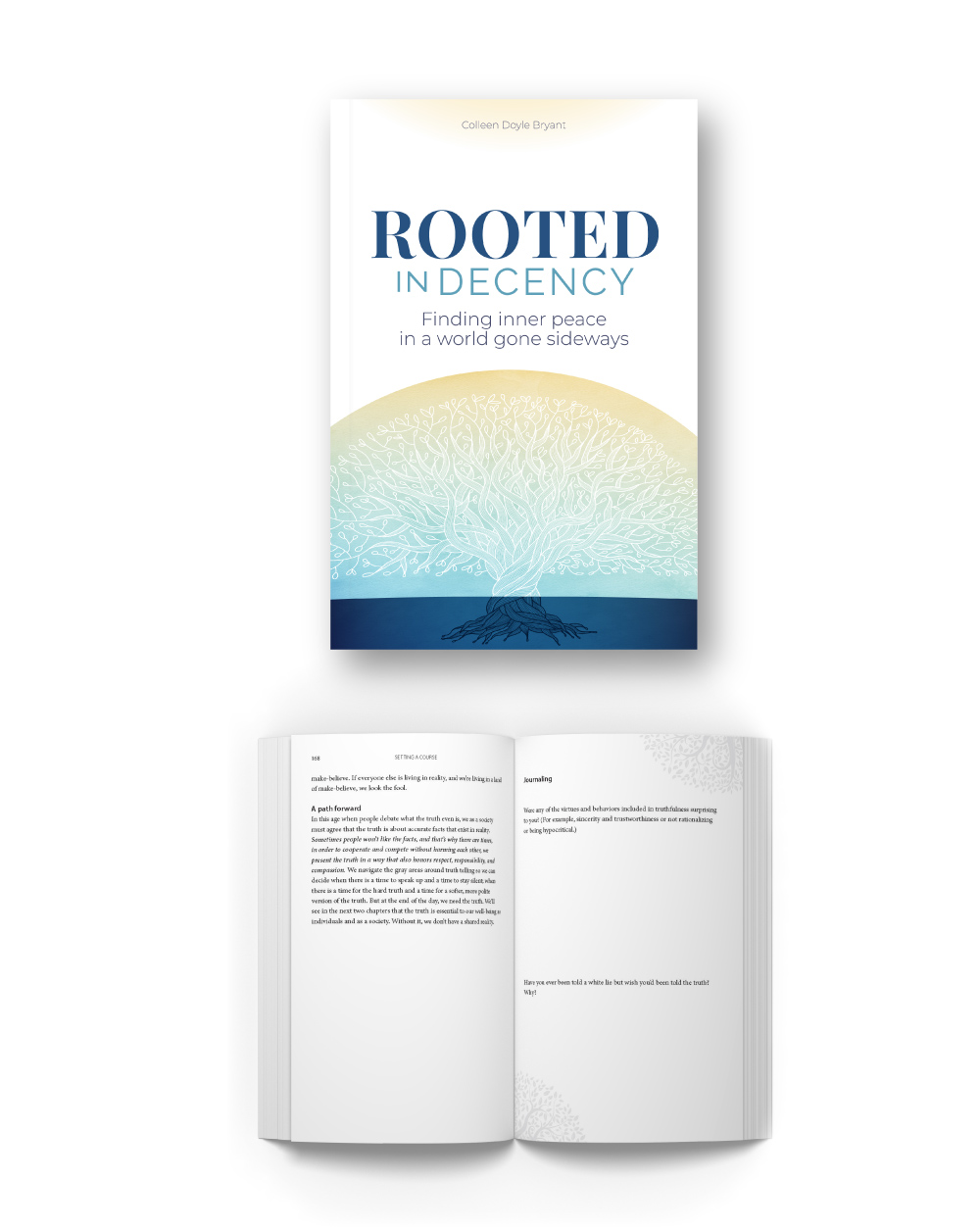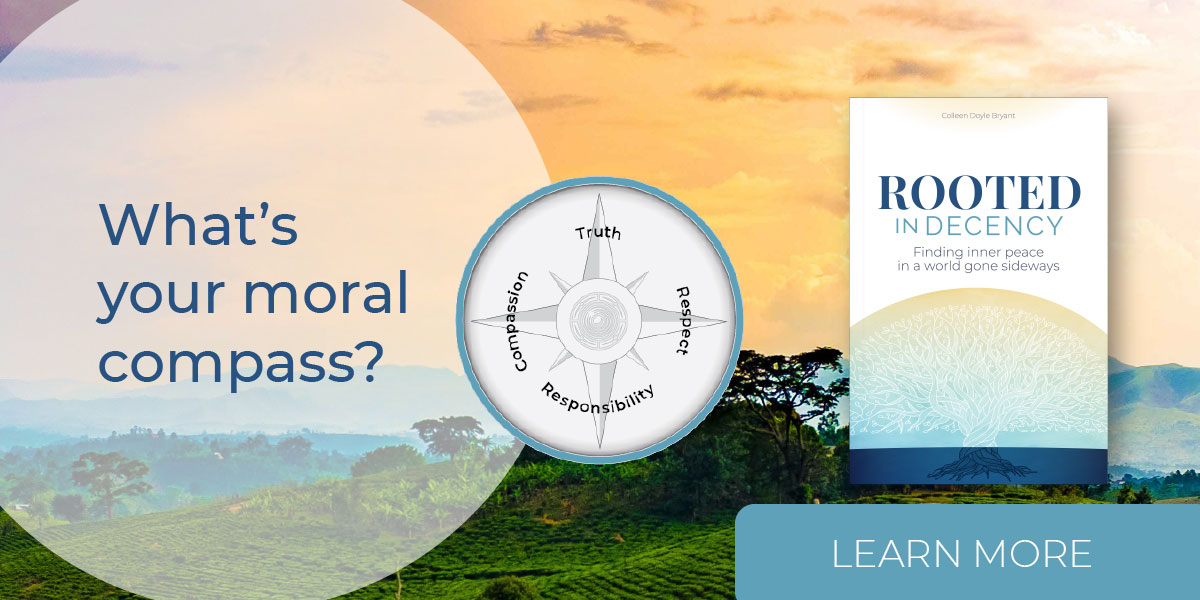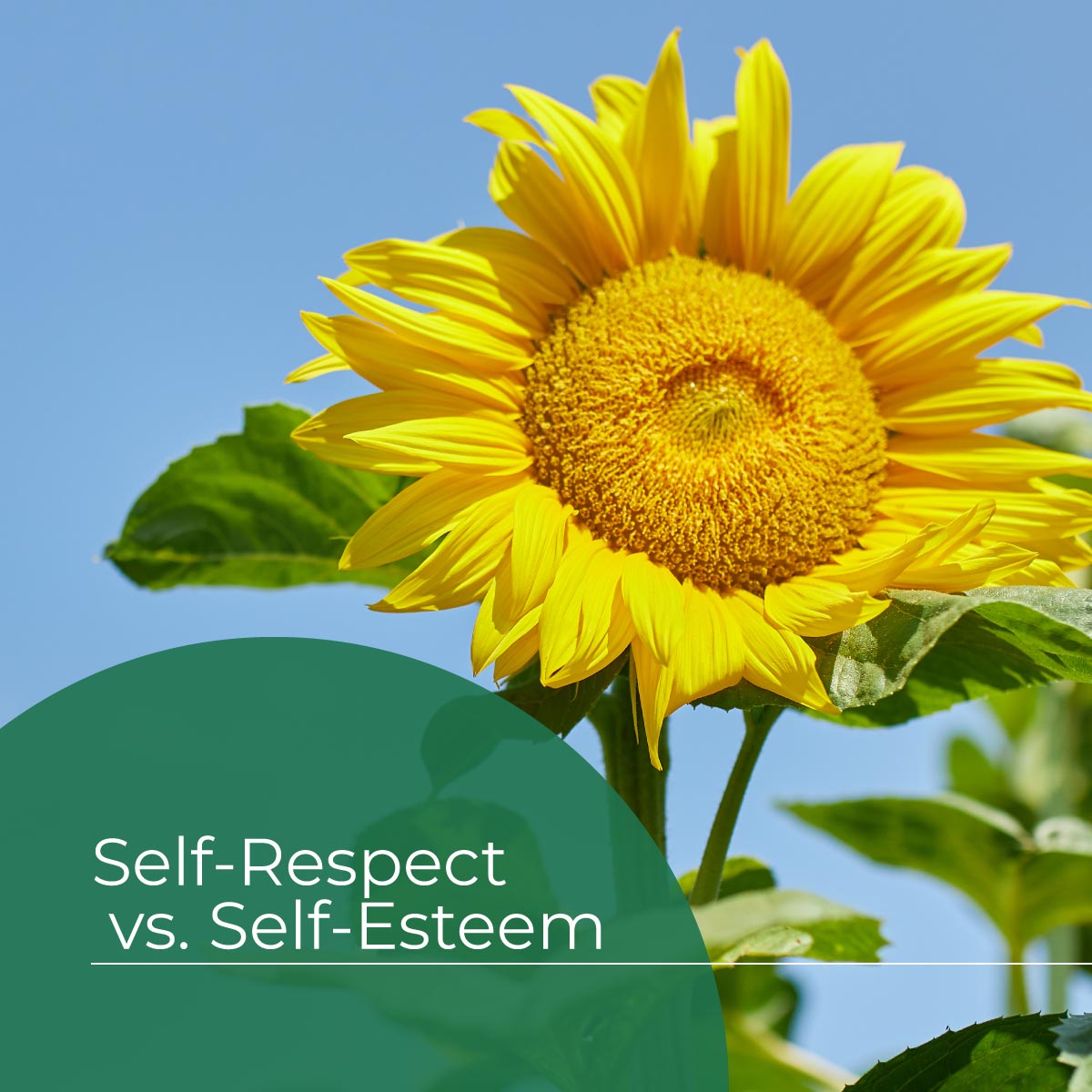
What makes people happy? What’s the secret to a life well-lived? Is it money, a different job, getting married? Research consistently shows that those things might make people happier for a little while, but they aren’t the secret to “the good life” that people tend to think they’ll be. In fact, happiness researcher Sonya Lyubomirksy, in The How of Happiness, reveals that the events that shape our childhoods; significant events in adulthood; marital status; occupation; income; neighborhood; ethnicity; age; gender; and religious affiliation—only account for about 10% of happiness!
Lyubomirsky isn’t alone in reporting this news. Whether we’re looking at happiness science, proven techniques for managing stress and anxiety, and even research on achieving transcendent happiness, the data consistently shows that our happiness and sense of fulfillment in life doesn’t come from these factors. Instead, happiness and well-being is something we create based on how we choose to live our lives. And here’s the even better news—in all of those areas of research, four essential behaviors appear over and over again as the path to creating well-being, meaning, and purpose in life.
4 Essential Values That Create Well-being
These four core behaviors we’re about to explore are the foundation on which we can build our well-being. Together, they form a stable base that helps us weather life’s ups and downs. And they are the essential ways of treating ourselves and others so we can create the outcomes we want in life. If there is a secret to happiness, it starts by embracing these four core values in how we approach life.
Essential Value # 1: Truth

The first behavior that appears consistently in data about creating happiness and meaning is related to Truth. People who are honest with themselves and who are willing to see the truth of the world around them are better able to think critically and make decisions that can get them the outcomes they’re working toward. Truth is also important for how we relate to others, because you can’t have trust without truth. When we’re honest and trustworthy, other people are more willing to connect with us and cooperate so we can reach our goals.
Essential Value # 2: Respect
The next layer of our foundational values for well-being involves Respect. First, we need self-respect (which is not the same as self-esteem). Self-respect is about knowing we are competent, good people that other people value. We earn self-respect by honestly looking at ourselves (see we’re already using value #1) and taking ownership of how well we treat ourselves and others. When we treat others with care and dignity, they value us more, and they are more willing to cooperate and reciprocate with us—which makes life a whole lot more pleasant.
Essential Value # 3: Responsibility

Building on self-respect, research shows that people are happier and can better manage the stresses of life when they take personal responsibility for themselves. Here's why this works: When we know we are responsible for our own choices, we also know that we can create our own positive and negative consequences. In essence, responsibility shows us we have control over our own lives (which psychologists call agency), and that is an essential element to mental health. And by being responsible for ourselves, we recognize that we impact the lives of others— and this gives us a greater sense of meaning and purpose.
Essential Value # 4: Compassion
Life will have its tough moments, and compassion is how we help each other through them. The surprising side of compassion is that it also helps us share in each other’s joys. Through the empathy aspect of compassion, we get to experience positive emotions even when we haven’t had a direct hand in creating them, and that gives us many more opportunities to experience the joys that help make life meaningful.
Happiness values or moral values?
You might have noticed that the four core values for happiness that we just breezed through are also four key moral values. Modern scientists uncovered how these behaviors help us achieve well-being, while long, long before now, these same four core values appeared in the moral codes of the all the world’s enduring belief systems. For more than a thousand years, Hinduism, Judaism, Confucius, Buddha, Greek Philosophy, Christianity, and Islam have shared these same four core values to guide human behavior toward well-being. Even thousands of years ago, early humans knew that Truth, Respect, Responsibility, and Compassion were the foundation on which civil society is built.
Where to go from here
We just dropped some major information. Modern science and ancient moral philosophy both put forth the same four core values to create well-being, purpose, and meaning in life. There’s so much more to understand, but this article can’t take all that on. The book, Rooted in Decency, gets in depth on all these topics and more.
If you’d like to know more about the data about happiness and well-being, explore Chapter 1: Finding Lasting Happiness.
To learn more about how these moral values emerged and how they are included in the moral codes of the world’s religions, read Chapters 11 and 12.
Whether you explore further or not, the core values of Truth, Respect, Responsibility, and Compassion are a great way to start building a foundation for your own happiness and well-being.
Note, this page contains affiliate links.








